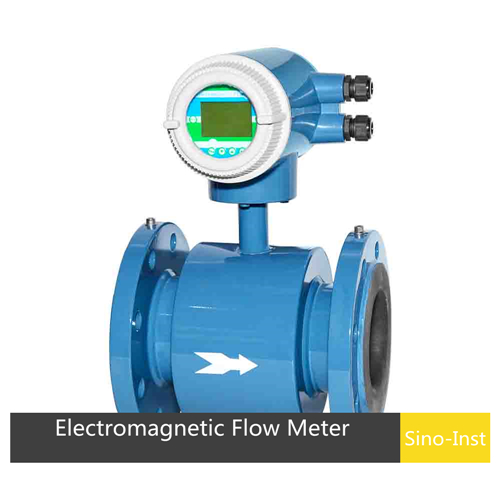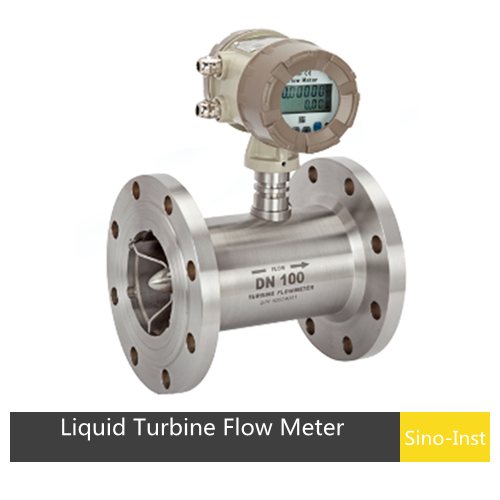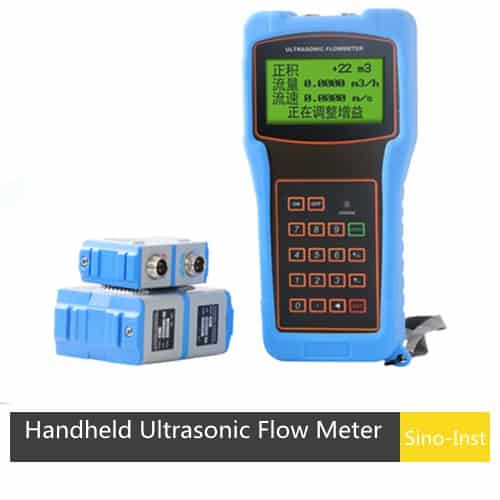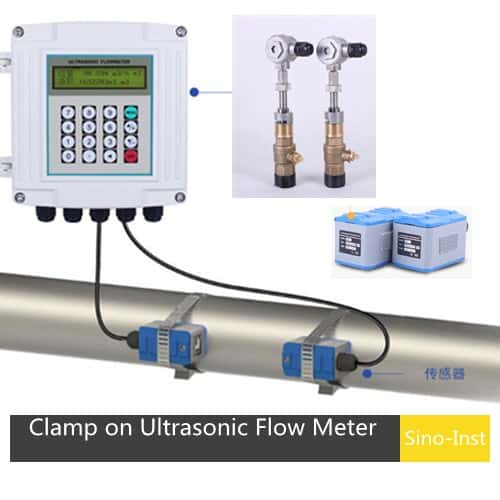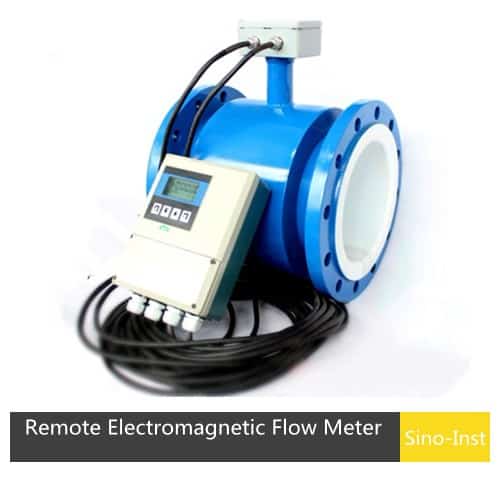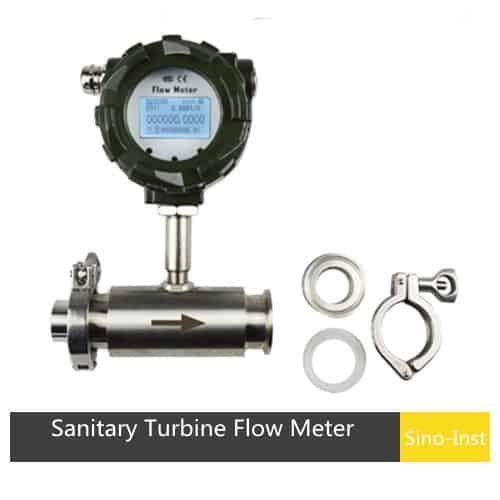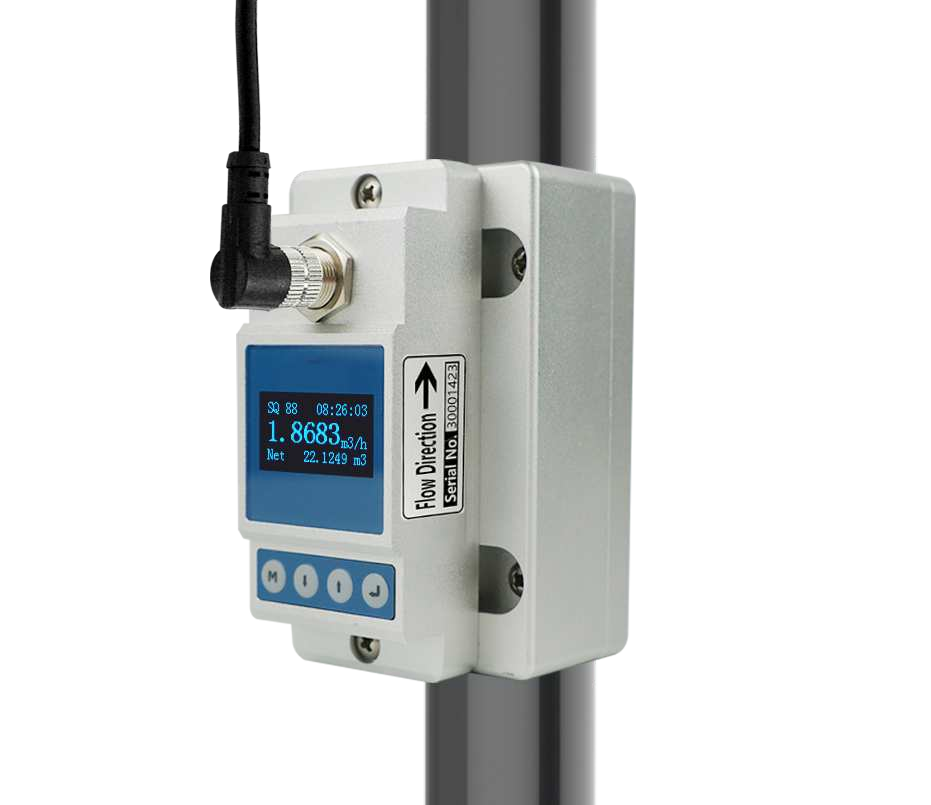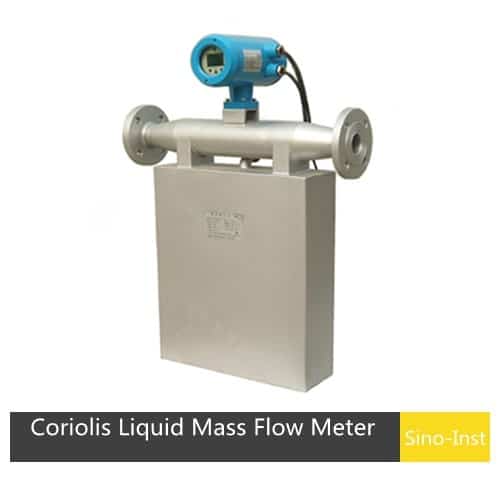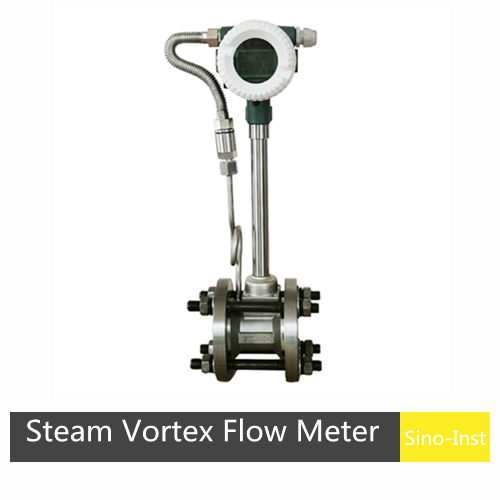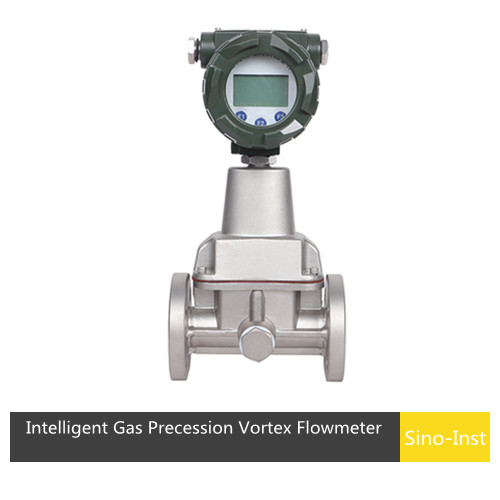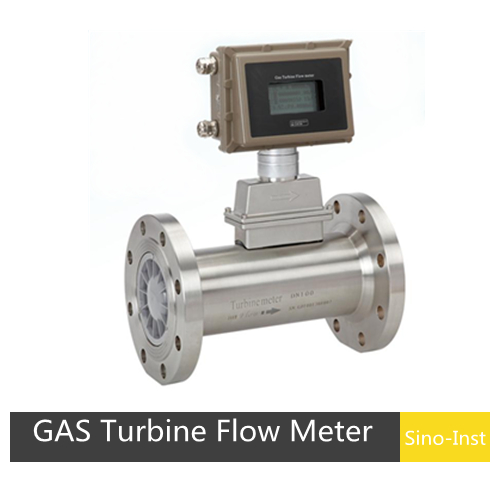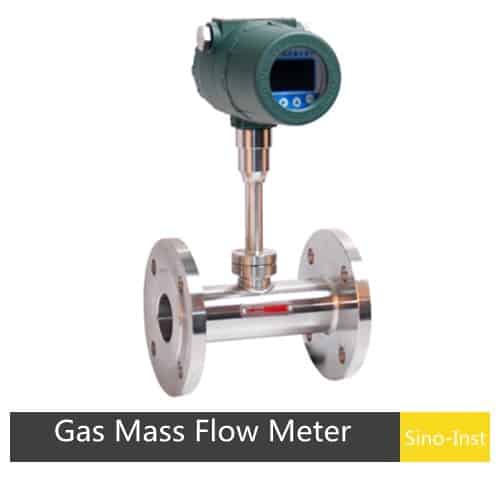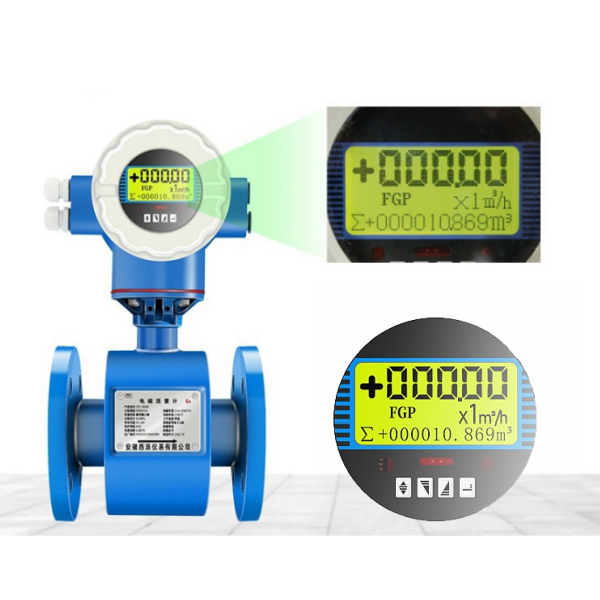
What is electronic flow meter? Electronic flow meter is an industrial digital flow meter used for fluid (gas, liquid, steam) flow measurement. Electronic flow meters are an upgrade from traditional mechanical flow meters. Electronic flow meters usually have a digital display that displays the measured flow rate, instantaneous flow, and accumulated flow. It can even display parameters such as temperature, pressure, density, etc.
Moreover, compared with traditional mechanical flow meters, electronic flow meters can convert the original signal into a digital signal, then process the data through the processor, and finally output the flow signal.
Advantages of electronic flow meters
Electronic flow meters measure fluid flow using electronic technology. Mainly used to control and monitor liquid or gas flow.
It uses sensors to convert raw signals into digital signals, then processes the data through a processor, and finally outputs a flow signal. It has great advantages over traditional mechanical flow meters.
- High accuracy: Compared with traditional mechanical flow meters, electronic flow meters have higher measurement accuracy. The error range is generally within 0.5%, which can meet the requirements of high-precision flow measurement.
- Intelligent digital display: The display of a mechanical flow meter is usually a pointer. The electronic flow meter is equipped with a local intelligent digital display. Can display flow rate, instantaneous flow, cumulative flow, pressure, temperature and other information. Moreover, the unit of flow can be adjusted. Better meet users’ monitoring needs.
- Strong reliability: The electronic flow meter has a simple structure and stable operation. There are no mechanical parts, the installation and maintenance operations are simple, and the error rate is low. It has great advantages for flow measurement control with high requirements in modern industry.
- Anti-corrosion: The internal components of electronic flow meters usually use corrosion-resistant materials. And can be configured with various materials. Avoid problems such as wear and corrosion. It is suitable for chemical industry, environmental protection industry, pharmaceutical industry, food industry and other industries that have requirements for materials.
- Easy to maintain: The electronic flow meter is easy to disassemble and can be repaired and replaced in time if a fault occurs. At the same time, because the electronic flow meter does not require regular maintenance and replacement of parts, it can reduce operating costs.
- Stable output signal: The electronic flow meter can be equipped with functions such as temperature compensation and linear correction. Ensure the stability of the output signal and avoid errors caused by the sensor’s influence on temperature.
- Wide applicability: Electronic flow meters are not only suitable for liquid measurement, but also for gas measurement. With different types of sensors, it can be adapted to the measurement of a variety of fluids.
- Save energy: Electronic flow meters can accurately measure fluid flow. Save energy costs by avoiding using too much or too little fluid.
Featured Electronic flow meters for water and liquids
Featured Electronic flow meters for gas
FAQ
More Flow Measurement Solutions
- Mechanical Flow Meter 101-Mechanical Flowmeters Selection Guide
- Bidirectional Flow Meters | Electromagnetic, Ultrasonic, Mass and Porous Orifice Flowmeter
- Volumetric Flow Meters: Comprehensive Guide and Product List
- Choosing the Right Inline Water Flow Meter
- Portable Ultrasonic Flowmeters | Best Price for Easiest Measurement
- Industrial Inline Flow Meters | Selection List
- High-Performance Marine Fuel Flow Meters | Save Your Costs!
- Flow Meters for Domestic Water-Potable Water-Drinking Water
- Diesel Flow Meter
- Digital Water Flow Meter
- Wastewater flow meter
- Water Flow Meter Types
Electronic flow meters occupy an increasingly higher proportion in industrial process flow measurement and control. Sino-Inst manufactures and supplies various types of electronic flow meters for industrial use. Including electromagnetic flowmeter, turbine flowmeter, vortex flowmeter, ultrasonic flowmeter, mass flow, etc.
According to different medium characteristics, process parameters (such as high pressure, high temperature, etc.), signal output requirements, etc., a suitable electronic flowmeter can be selected. If you need to purchase an electronic flow meter or have related technical questions, please contact our sales engineers!
-1.jpg)
